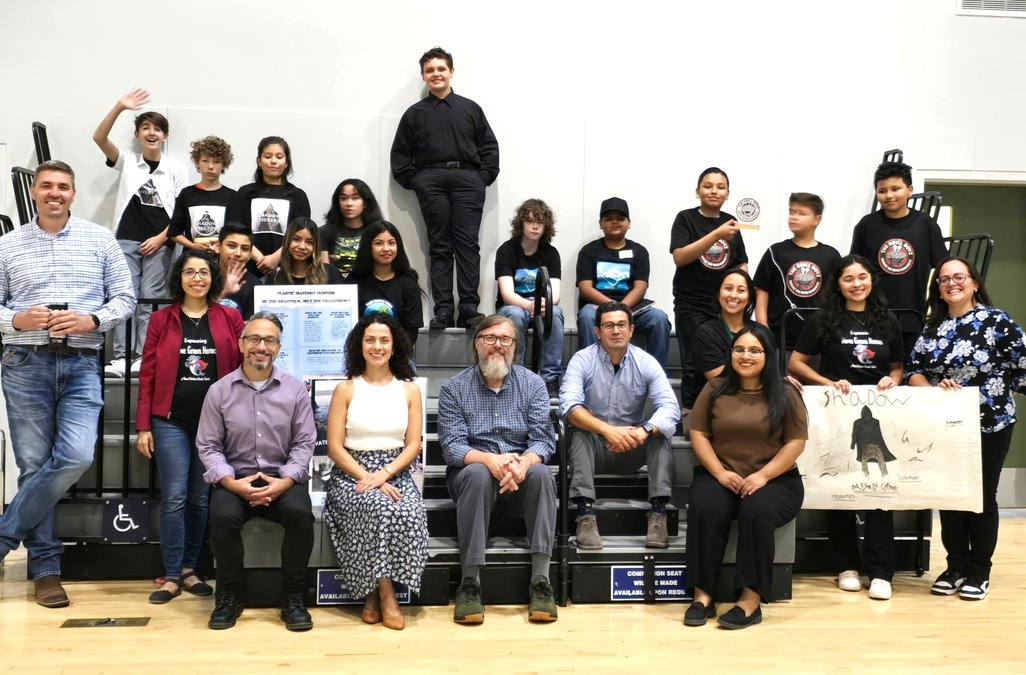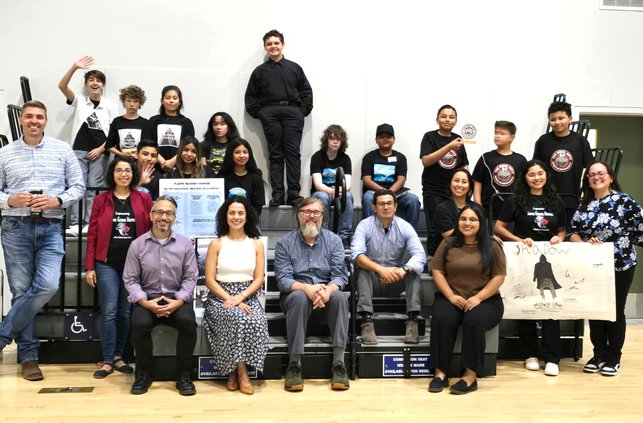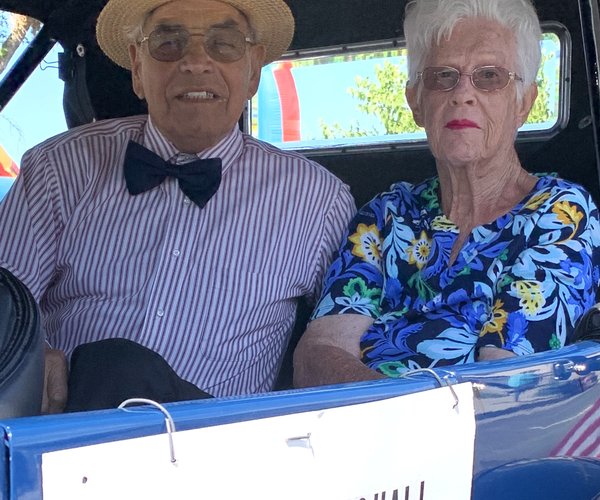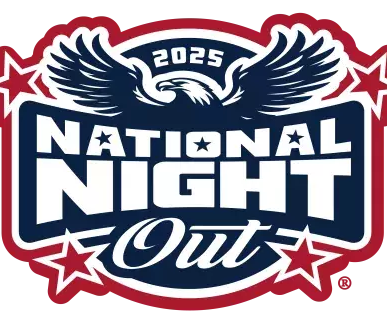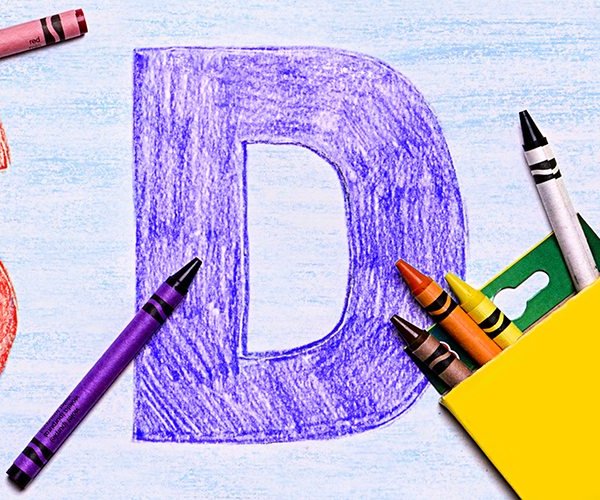In partnership with California State University Stanislaus, BEAM Circular launched the Homegrown Heroes summer camp, a local initiative designed to ignite the STEM-oriented leadership potential of K-12 and community college students in California’s Central Valley.
The Homegrown Heroes was a full-day summer camp that took place July 14 through 18, 2025. The program supported students, particularly from historically underserved communities, as they explored career paths in the bioeconomy and Science, Technology, Engineering, and Math (STEM) fields through hands-on learning, mentorship, and leadership training. The program was developed with the support of a $30,000 grant from BEAM Circular’s Bioeconomy Early Career Exposure Fund. In partnership with Stanislaus State, Merced College, and Merced Scholars Charter School, the Homegrown Heroes initiative bridges academic, industry, and community expertise to create a learning environment in which students use a fabrication laboratory (Fab Lab) to engage in social innovation projects that respond to local concerns in their communities.
“The future of the bioeconomy starts with investing in the talent right here in our own backyard,” said Gloriamar Gamez, Chief Program Officer at BEAM Circular. “Homegrown Heroes is about creating opportunity, confidence, and a sense of belonging in STEM for students who have historically been left out of the conversation.”
Students participated in a weeklong summer camp and a peer-led internship model. Elementary school students worked with community college students from the MESA (Mathematics, Engineering, Science Achievement) program to understand how science can be used to address real world problems. Through their engagement in design thinking, they designed products that were able to be built at the school Fab Lab and help address local needs in their communities.
“This summer camp is an opportunity to encourage kids to perceive themselves as innovators and realize that STEM is a field where they can build their future careers. We want them to visualize themselves as the future STEM leaders this region needs,” said Dr. Virginia Montero-Hernandez, Professor and Director of the Doctoral Program at Stanislaus State University. “This social innovation summer camp is an empowering learning space that we hope to replicate at other schools and community colleges.”
Prior to the summer camp, MESA students engaged in a series of workshops with Stan State faculty to understand how to lead creative teams that think and work collaboratively by using STEM knowledge to address social problems in their communities. Stan State faculty members, Dr. Montero-Hernandez, Dr. Brett Ashmun, and Evelyn Ramos, Director of the Career Center oversaw and designed the general implementation of the summer camp.
The initiative is aligned with BEAM Circular’s mission to build a thriving circular bioeconomy in California’s heartland by investing in local talent, sustainable manufacturing practices, and cross-sector collaboration.
BEAM Circular is a nonprofit organization that serves as a hub for circular bioeconomy innovation, workforce development, and industry growth, working with over 100 partners across the North San Joaquin Valley and beyond to develop bio-based solutions that transform waste into valuable products while creating local economic opportunities and addressing environmental challenges.
The Homegrown Heroes program addresses key gaps in representation and opportunity in the region. Through paid internships, FabLab innovation labs, and culturally relevant leadership training, the program reimagines what access and excellence look like in STEM education.
